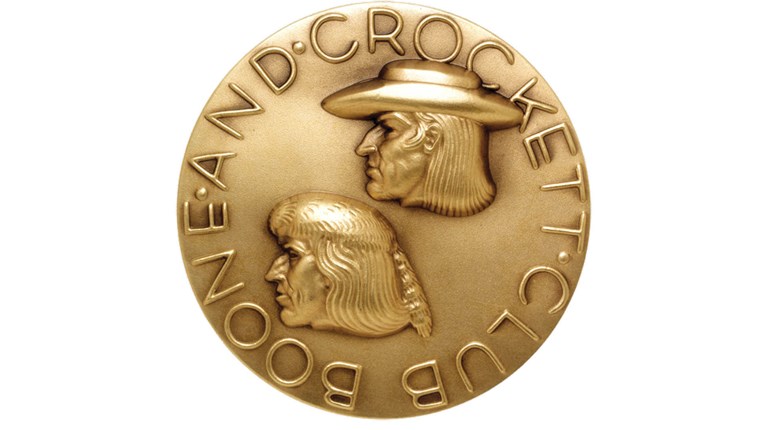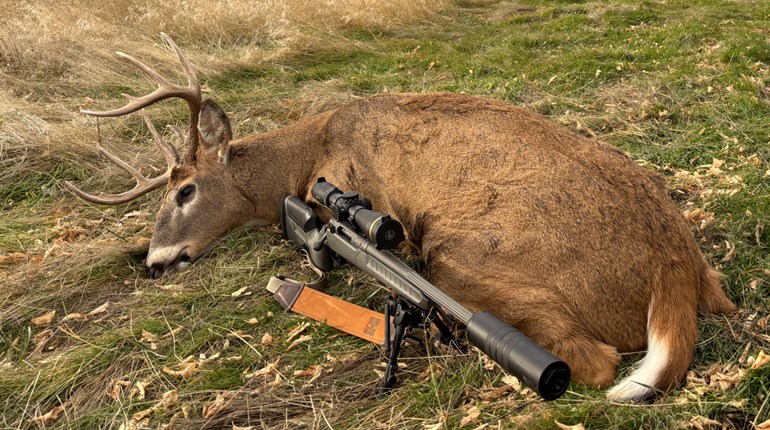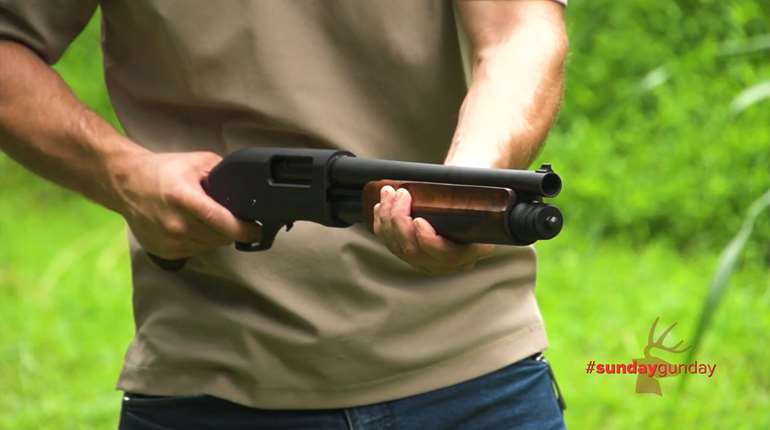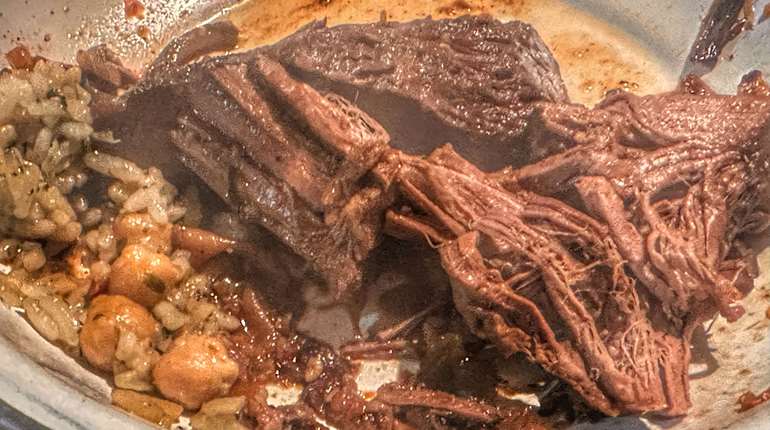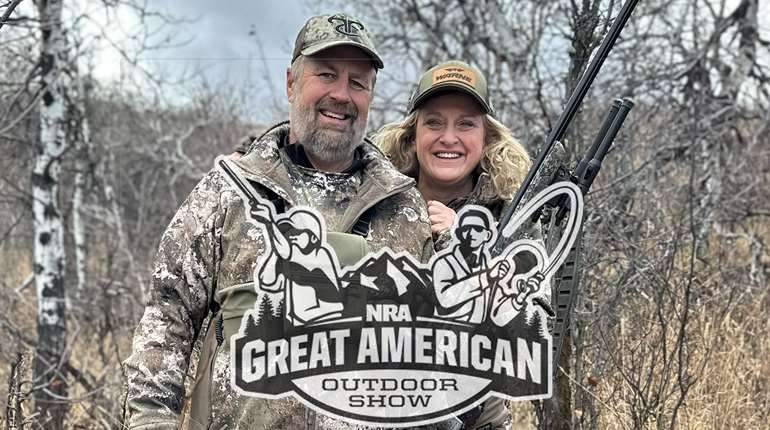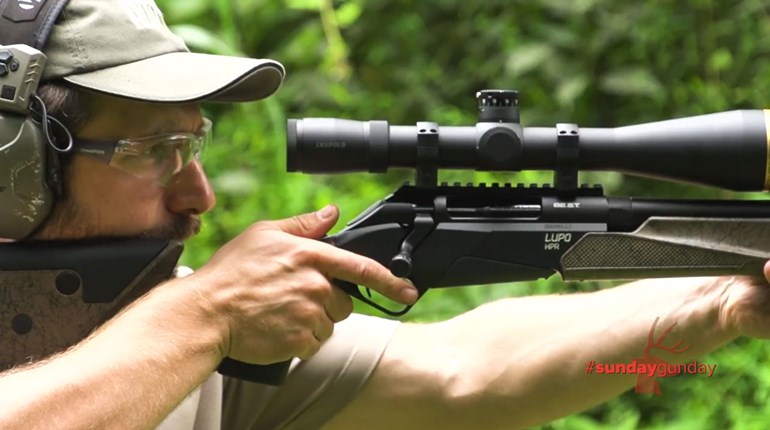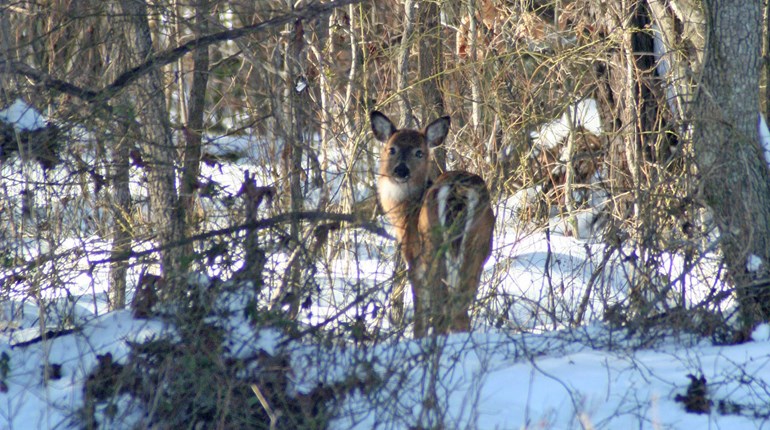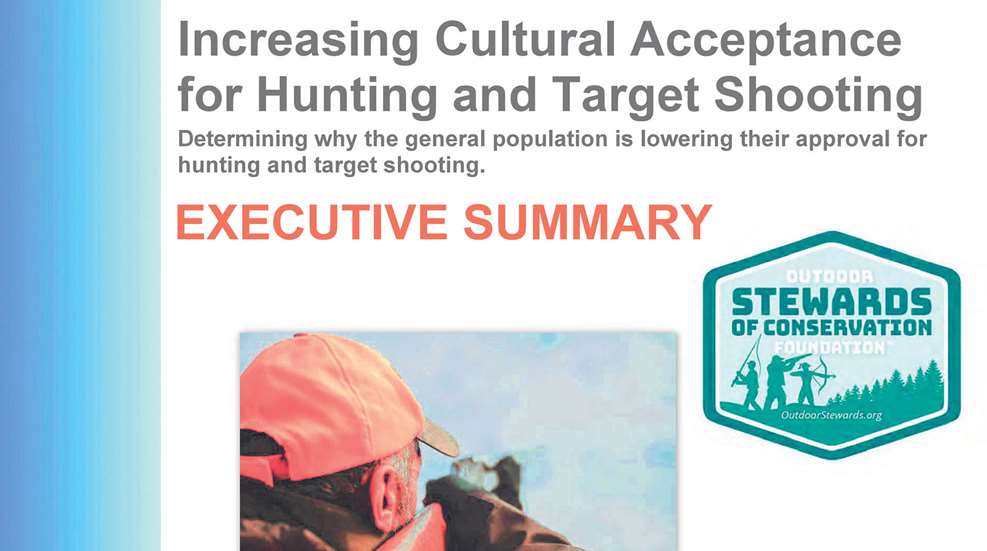
A recently released study commissioned by the Outdoor Stewards of Conservation Foundation indicates support for hunting has declined by roughly five percent since 2021. “The latest national trend survey found statistically significant declines in the percentage of residents who said they approved of the activities since 2021,” it states [PDF]. “Specifically, overall approval of legal hunting declined from 80.8 percent in 2021 to 75.7 percent in 2024 (a drop of 12,916,901 U.S. residents)…”
The surveys were conducted by Responsive Management and included questions designed to identify factors that contributed to the decline. More than 2,000 completed questionnaires were compiled, focus groups followed and the information analyzed for the report.
The results show some disturbing trends. “For example, several groups that have traditionally hunted and supported hunting in high numbers, such as rural residents, West and Midwest Region residents, males, and White residents, showed higher declines in approval than their demographic counterparts in recent years,” it states. “Additionally, approval of hunting among Hispanic/Latino Americans decreased significantly.”
Catalysts
The study included detailed questions tailored to identify the reasons people changed their opinion about hunting. Results from a focus group produced several frustrating results.
Misinformation about role hunting plays in management of our renewable wildlife resources was a big factor. When asked if “…wildlife does best when it is left alone, and that hunting as practiced today in the U.S. causes some wildlife species to become endangered,” 37 percent agreed.
Both statements are false. The study author recommends they should be addressed by increasing the non-hunting public’s awareness of hunting’s tightly enforced regulations, management principles at play and the sound, scientific basis for sustainable harvest.
Another one, not quite so simply addressed, are photos. “[T]he moderator showed participants an image of a female hunter posing with a harvested turkey; the photo was deliberately chosen to be as inoffensive as possible (there were no signs of blood anywhere on the animal, the hunter was smiling, and the images consisted largely of a visually appealing nature scene),” the study reports. “The reaction to the image was mostly (but not completely) negative. Some stated this is exactly why they do not like hunting. One person stated that they do not take a ‘selfie’ when they buy a turkey at a grocery store.”
That finding is labeled a “conundrum” in the report, for good reason. Posing in a respectful manner for a photo with an animal taken legally and ethically while hunting is a common practice and something most hunters fully support. Disconnecting yourself so far from the food chain as to somehow equate hoisting a frozen, pen-raised tom into a shopping cart with the effort and understanding of nature it takes to successfully hunt wild turkey, we do not.












